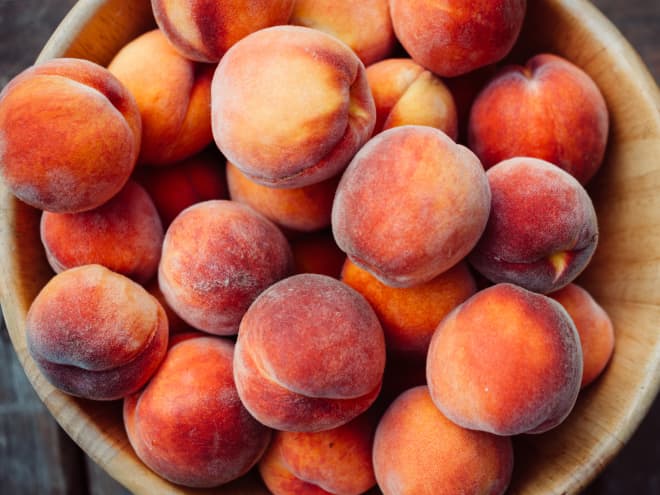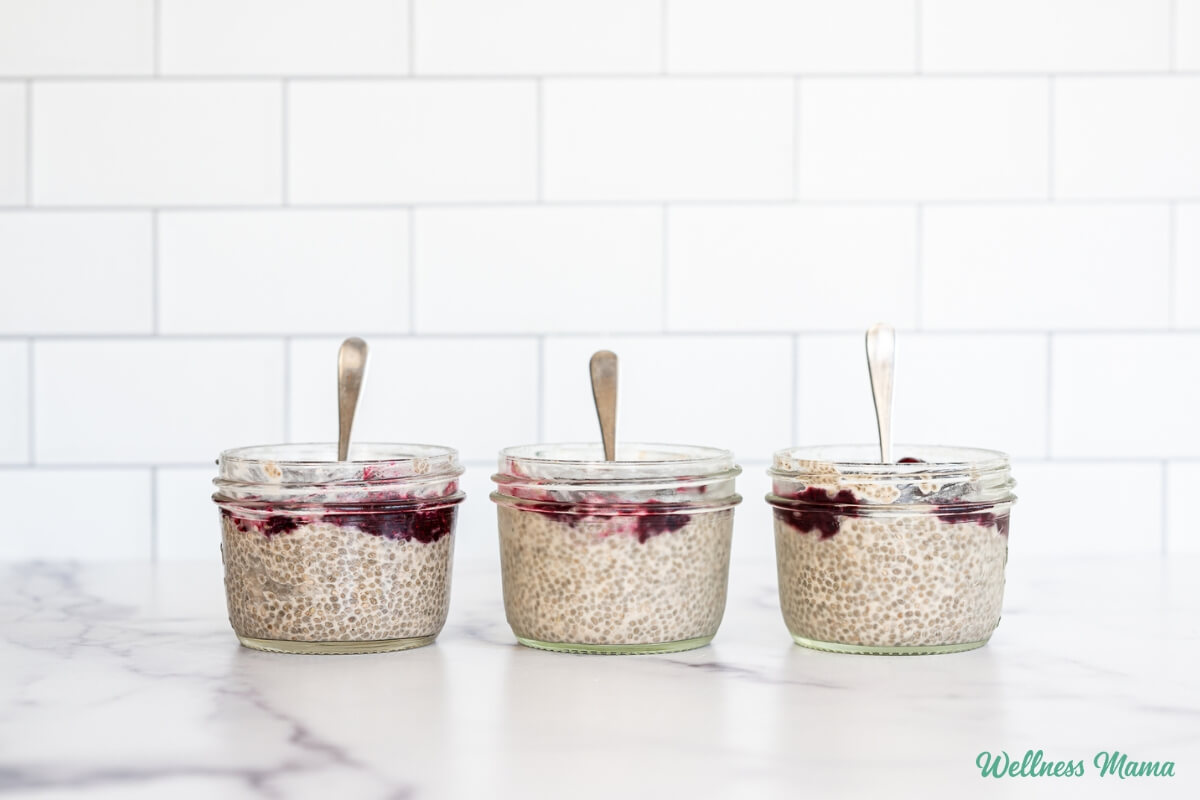Weight Loss For Your Abs Abs Transformation Plan

Are you tired of trying countless workouts and diets but still not seeing the results you want for your abs? Look no further! Introducing the “Weight Loss For Your Abs Abs Transformation Plan”. This comprehensive plan is designed specifically to help you shed those extra pounds and transform your abs into a toned and sculpted masterpiece. With a focus on targeted exercises and a customized meal plan, you’ll be on your way to achieving the abs of your dreams in no time. Say goodbye to frustration and hello to a confident, fit physique with our Abs Transformation Plan. Let’s get started on your journey to a fitter, stronger you!

Understanding Weight Loss
Basics of weight loss
weight loss is a topic that many people are familiar with, but it’s important to understand the basics in order to achieve your desired results. When it comes to losing weight, the key is to create a calorie deficit. This means that you consume fewer calories than you burn throughout the day. By doing so, your body will begin to utilize stored fat as a source of energy, leading to weight loss.
How weight loss affects your abs
Weight loss can have a significant impact on the appearance of your abs. When you lose weight, the layer of fat that covers your abdominal muscles starts to diminish, revealing the muscles underneath. In order to achieve well-defined abs, it’s crucial to focus on both reducing body fat percentage and developing strong abdominal muscles through targeted exercises.
Importance of a balanced diet
A balanced diet plays a crucial role in weight loss and is essential for overall health and well-being. It’s important to consume a variety of nutrient-rich foods to ensure that your body receives all the necessary vitamins and minerals. A balanced diet should include lean proteins, whole grains, fruits, vegetables, and healthy fats. By nourishing your body properly, you will not only support your weight loss goals but also improve your overall fitness and wellness.
Creating a Calorie Deficit
Calculating your calorie needs
To create a calorie deficit, it’s important to have an understanding of how many calories your body requires on a daily basis. This can be determined by factors such as age, gender, weight, height, and activity level. There are various online calculators and formulas that can help you estimate your daily calorie needs. Once you have this information, you can adjust your calorie intake accordingly to create a deficit.
Reducing calorie intake
Reducing calorie intake is an essential component of creating a calorie deficit. This can be achieved by making small, sustainable changes to your eating habits. Opt for smaller portion sizes, choose nutrient-dense foods, and avoid or limit high-calorie, processed foods. It’s important to strike a balance between reducing calories and still providing your body with the necessary fuel it needs to function properly.
Increasing calorie expenditure
In addition to reducing calorie intake, increasing calorie expenditure through physical activity is an effective way to create a calorie deficit. Incorporate regular exercise into your routine, such as cardio workouts, strength training, and high-intensity interval training (HIIT). These activities not only burn calories but also help build lean muscle, which can boost your metabolism and contribute to weight loss.
Choosing the Right Food
Importance of protein
Protein is a crucial macronutrient when it comes to weight loss and abdominal muscle development. It helps to preserve lean muscle mass while promoting fat loss. Including adequate amounts of protein in your diet can also help you feel fuller for longer, reducing the temptation to overeat. Good sources of protein include lean meats, poultry, fish, eggs, dairy products, legumes, and tofu.
Fiber-rich foods for satiety
Fiber-rich foods are another important component of a weight loss diet. These foods tend to be more filling, helping to control appetite and prevent overeating. Additionally, fiber aids in digestion and promotes healthy bowel movements. Some examples of fiber-rich foods include fruits, vegetables, whole grains, beans, and nuts.
Healthy fats for nourishment
Contrary to popular belief, not all fats are bad for you. In fact, healthy fats are an essential part of a balanced diet and can contribute to weight loss. They provide a feeling of satiety and help your body absorb certain vitamins and minerals. Good sources of healthy fats include avocados, nuts, seeds, olive oil, and fatty fish like salmon.

Effective Exercises for Abs
Importance of cardio workouts
Cardiovascular exercise, or cardio, is important for weight loss as it helps burn calories and increase overall fitness. Regular cardio workouts can help reduce body fat percentage, including the layer covering your abs. Engaging in activities like running, cycling, swimming, or dancing can elevate your heart rate and contribute to a calorie deficit.
Core strengthening exercises
Strong abdominal muscles are essential for achieving well-defined abs. By incorporating core strengthening exercises into your routine, you can target and tone your abs. Some effective exercises include planks, crunches, Russian twists, and leg raises. Consistency is key, so aim for at least three to four sessions per week.
Incorporating HIIT workouts
High-intensity interval training (HIIT) is a popular and effective form of exercise for weight loss and abs development. This type of workout involves short bursts of intense exercise followed by brief recovery periods. HIIT workouts can be done with various exercises, such as squat jumps, burpees, and mountain climbers. Not only does HIIT burn calories, but it also helps improve cardiovascular endurance.
Managing Stress
Understanding the impact of stress on weight loss
Stress can have a significant impact on weight loss efforts. When you’re stressed, your body releases a hormone called cortisol, which can lead to increased appetite and cravings for unhealthy, high-calorie foods. In addition, stress can disrupt your sleep patterns and affect your mood, making it more challenging to stick to a healthy lifestyle.
Implementing stress management techniques
To manage stress effectively and support your weight loss goals, it’s important to incorporate stress management techniques into your routine. This may include practicing relaxation techniques such as deep breathing, meditation, or yoga. Engaging in hobbies, spending time with loved ones, and getting regular physical activity can also help reduce stress levels.
Getting Enough Sleep
The link between sleep and weight loss
Sleep plays a crucial role in weight loss and overall health. Lack of sleep can disrupt hormone levels, specifically those that control appetite and hunger. This can lead to increased cravings and a higher likelihood of overeating. Additionally, insufficient sleep can affect your energy levels, making it more challenging to engage in physical activity and stick to a healthy eating plan.
Tips for improving sleep quality
To ensure you’re getting enough quality sleep, it’s important to establish a consistent sleep routine. Try to go to bed and wake up at the same time each day, even on weekends. Create a sleep-friendly environment by keeping your bedroom dark, cool, and quiet. Limit exposure to electronic devices before bed and engage in relaxing activities like reading or taking a warm bath.
Hydration and its Role
Importance of water for weight loss
Staying hydrated is important for overall health and can also support your weight loss efforts. Drinking an adequate amount of water can help control appetite, boost metabolism, and improve digestion. Additionally, water has zero calories, making it a great choice for hydration compared to sugary beverages.
Calculating water intake needs
The amount of water you should drink daily can vary depending on factors such as your activity level, climate, and overall health. A general guideline is to aim for eight 8-ounce glasses of water per day, which is about 2 liters or half a gallon. However, individual needs may vary, so it’s important to listen to your body and stay adequately hydrated.
Avoiding Common Pitfalls
The dangers of crash diets
Crash diets, which involve drastic calorie restriction or eliminating entire food groups, may produce quick initial weight loss, but they are not sustainable or healthy in the long run. These diets are often nutritionally imbalanced and can lead to nutrient deficiencies, muscle loss, and a slower metabolism. It’s important to focus on making gradual, sustainable lifestyle changes instead.
Over-exercising and its effects
While regular exercise is important for weight loss, it’s crucial to avoid over-exercising. Pushing your body too hard without adequate rest and recovery can lead to injuries, fatigue, and burnout. It’s important to listen to your body, give yourself enough time to recover between workouts, and incorporate rest days into your exercise routine.
Tracking Progress
Importance of tracking measurements
Tracking your progress is an essential part of any weight loss journey. It not only helps you stay accountable but also allows you to see how far you’ve come and make adjustments if needed. In addition to tracking your weight, consider measuring your waist circumference, taking progress photos, and noting any changes in how your clothes fit.
Methods for tracking progress
There are various methods you can use to track your progress. Keep a journal or use smartphone apps to log your meals, exercise sessions, and measurements. Consider using a body composition scale to track changes in body fat percentage. It’s also helpful to set specific, realistic goals and celebrate milestones along the way to stay motivated.
Seeking Professional Guidance
Working with a nutritionist or dietitian
If you’re struggling with weight loss or have specific dietary concerns, working with a nutritionist or dietitian can be beneficial. These professionals can provide personalized guidance, create a tailored meal plan, and address any nutritional deficiencies or concerns. They can also offer support and accountability throughout your weight loss journey.
Considerations for personal trainers
If you’re new to exercise or looking to take your fitness to the next level, consider working with a personal trainer. They can create a customized workout plan, teach proper form and technique, and provide motivation and support. A personal trainer can help you maximize your workouts, prevent injuries, and reach your weight loss goals more effectively.
By understanding the basics of weight loss, creating a calorie deficit, choosing the right foods, and incorporating effective exercises, you can transform your abs and achieve your desired results. Managing stress, getting enough sleep, staying hydrated, avoiding common pitfalls, and tracking your progress are also important aspects of a successful weight loss journey. Remember to seek professional guidance when needed and always approach weight loss in a sustainable and healthy manner. With dedication and consistency, you can achieve the abs of your dreams and improve your overall well-being.




1 comment